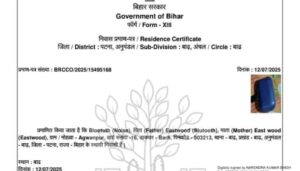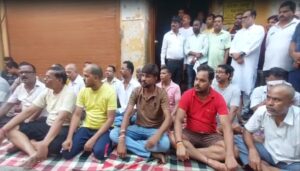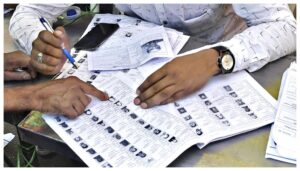Bihar Social Welfare Secretary Pushes for Menstrual Dignity With Sanitary Pad Access in All Government Schools
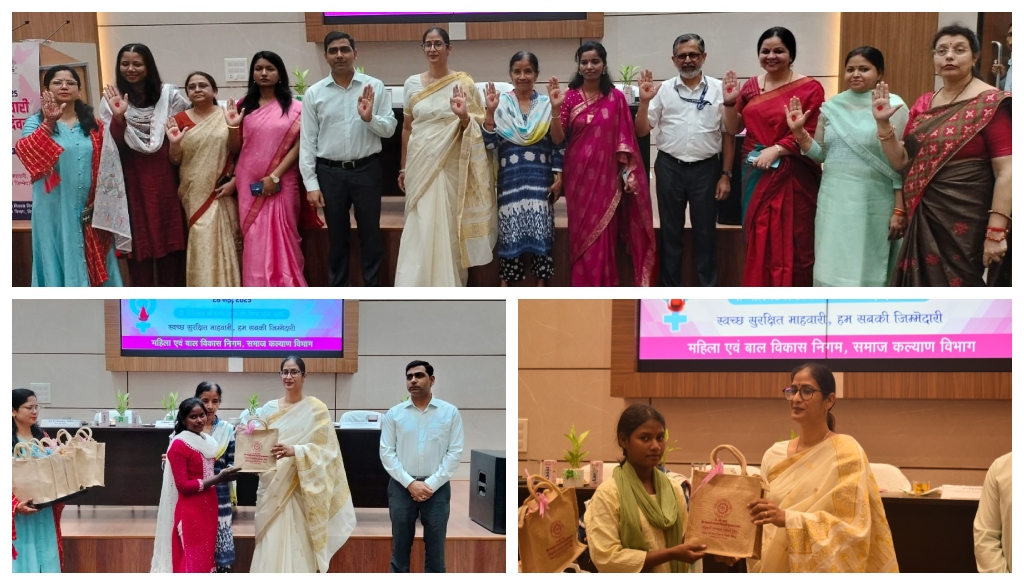
Patna: “Menstruation is not a disease, nor a matter of shame—it is a natural biological process.” With these words, Bandana Preyashi, Secretary of the Social Welfare Department and Managing Director of the Women and Child Development Corporation (WCDC), set the tone for a powerful gathering held in Patna on the occasion of World Menstrual Hygiene Day.
Addressing an audience of educators, activists, students, and government officials at the WCDC auditorium on Daroga Rai Path here, Preyashi announced plans to expedite the installation of sanitary pad vending machines in all government schools across Bihar. “What women do during menstruation will be decided by women—not by society,” she declared to resounding applause.
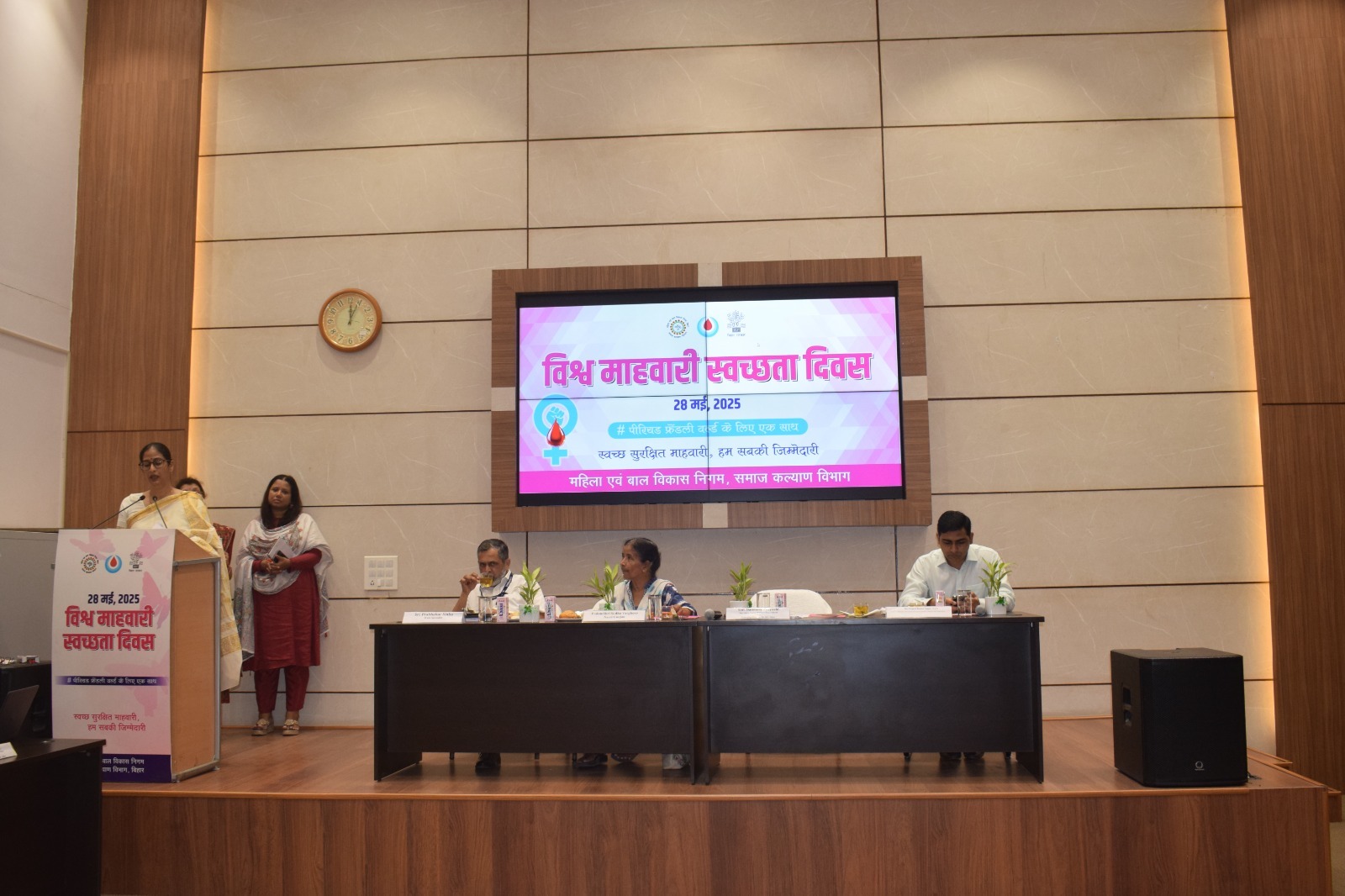
The initiative aims to tackle the everyday challenges faced by adolescent girls in maintaining menstrual hygiene, particularly in public institutions. So far, 209 schools, as well as select offices and parks in Patna, have received sanitary pad vending machines through WCDC. Under the Chief Minister Kishori Swasthya Yojana, more than 22.5 lakh schoolgirls have received Rs 300 annually to buy sanitary pads—an essential but often overlooked resource in girls’ health and education.
The event also underscored the importance of destigmatising menstruation. Padma Shri awardee and Nari Gunjan founder, Sudha Varghese, stressed the role of parents and teachers in helping adolescents navigate both the physical and emotional transitions of puberty. “Support at home and in school is vital for young girls to embrace their bodies with confidence,” she said.
UNICEF’s WASH specialist Prabhakar Sinha highlighted the broader significance of the initiative. “This isn’t just a government programme—it’s a movement for social change,” he said, emphasising the need for collective awareness.
In a further step towards accessibility, Preyashi announced a teleconsultation service available via Bihar’s 181 helpline, where women can seek free medical advice from gynaecologists every Wednesday and Thursday between 12 pm and 3 pm.
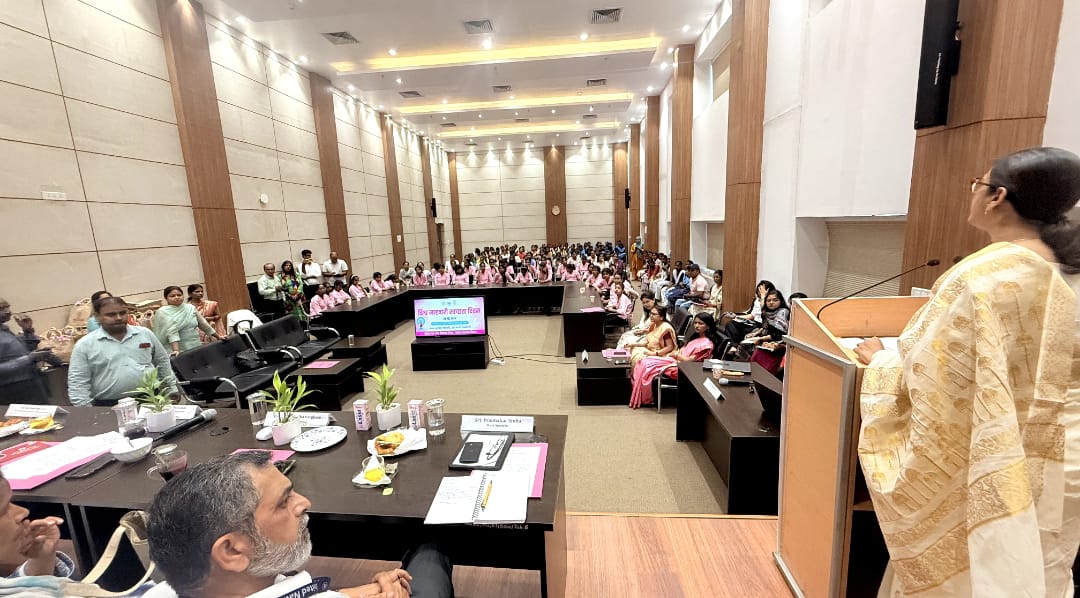
The event concluded with a screening of the film Padman, based on the true story of a man’s mission to provide affordable sanitary pads to rural women in India, sparking further conversation among the young attendees.
UNICEF’s Mona Sinha, Manjusha Chandra, and Morgan Sinha were among the participants, alongside schoolgirls who shared their own experiences and hopes for a future free from menstrual stigma.
As the conversation around menstrual health gains momentum in Bihar, the state’s leadership—backed by civil society—signals a clear message: menstruation is not a taboo, but a reality that must be met with dignity, awareness, and unwavering support.

